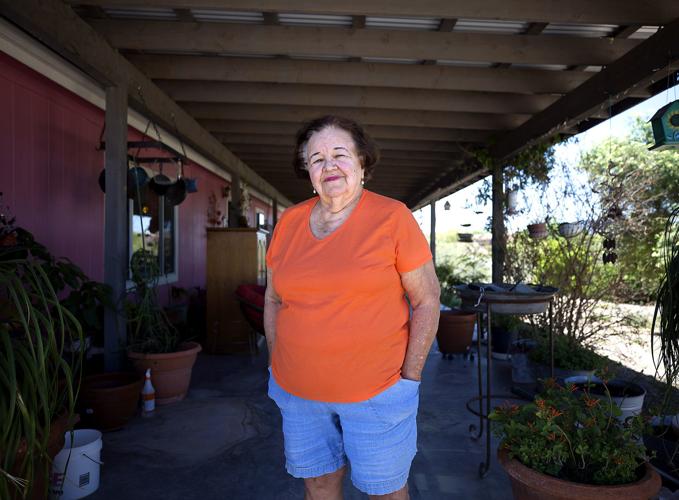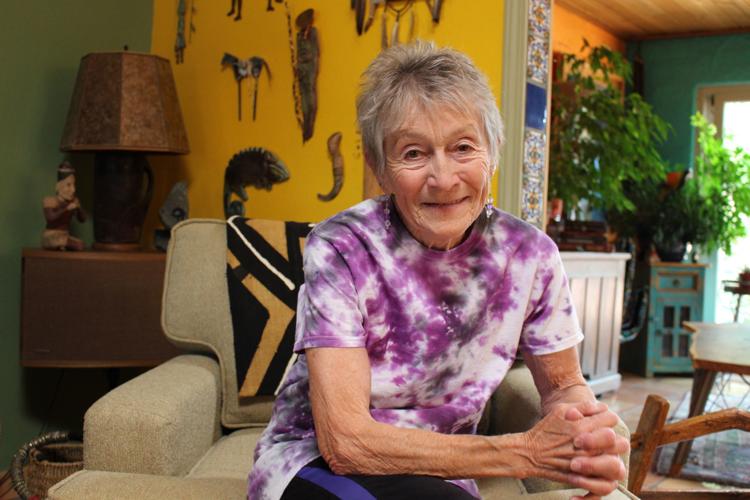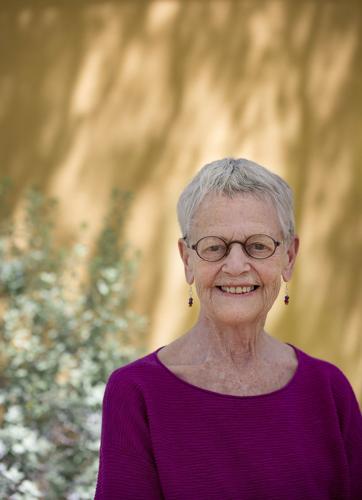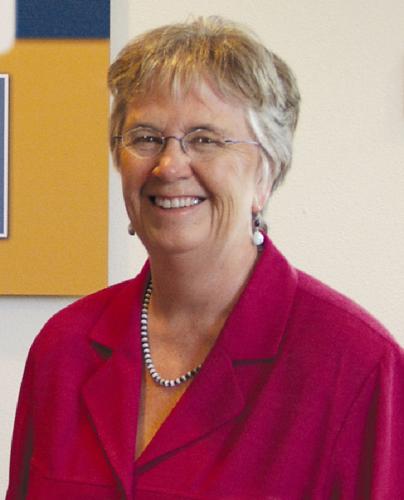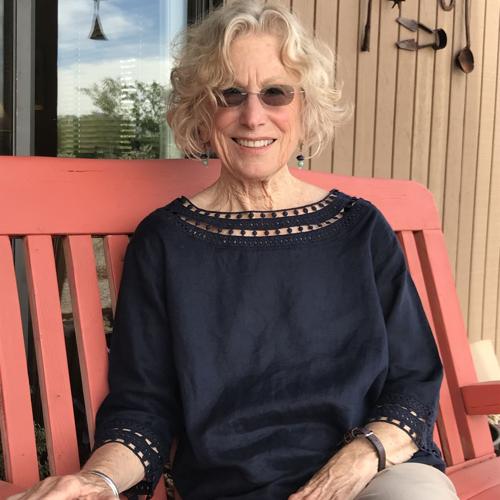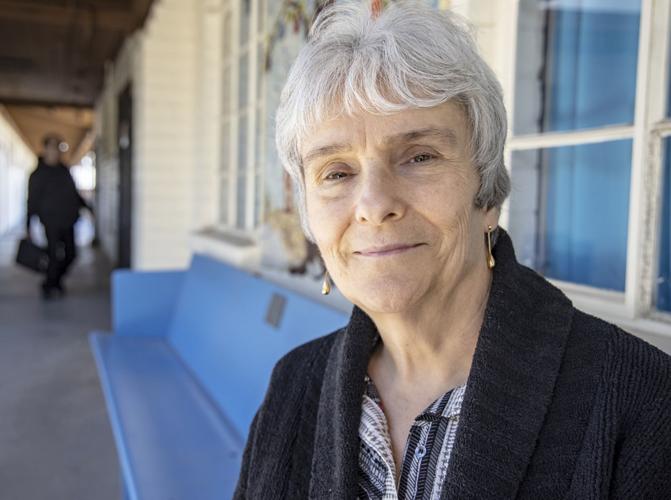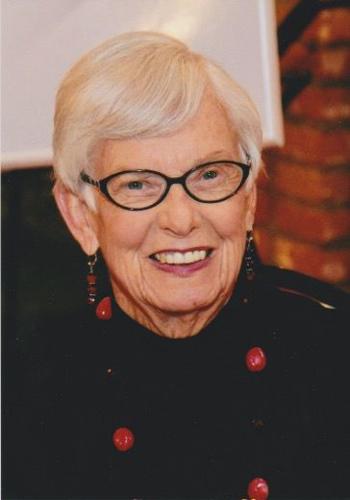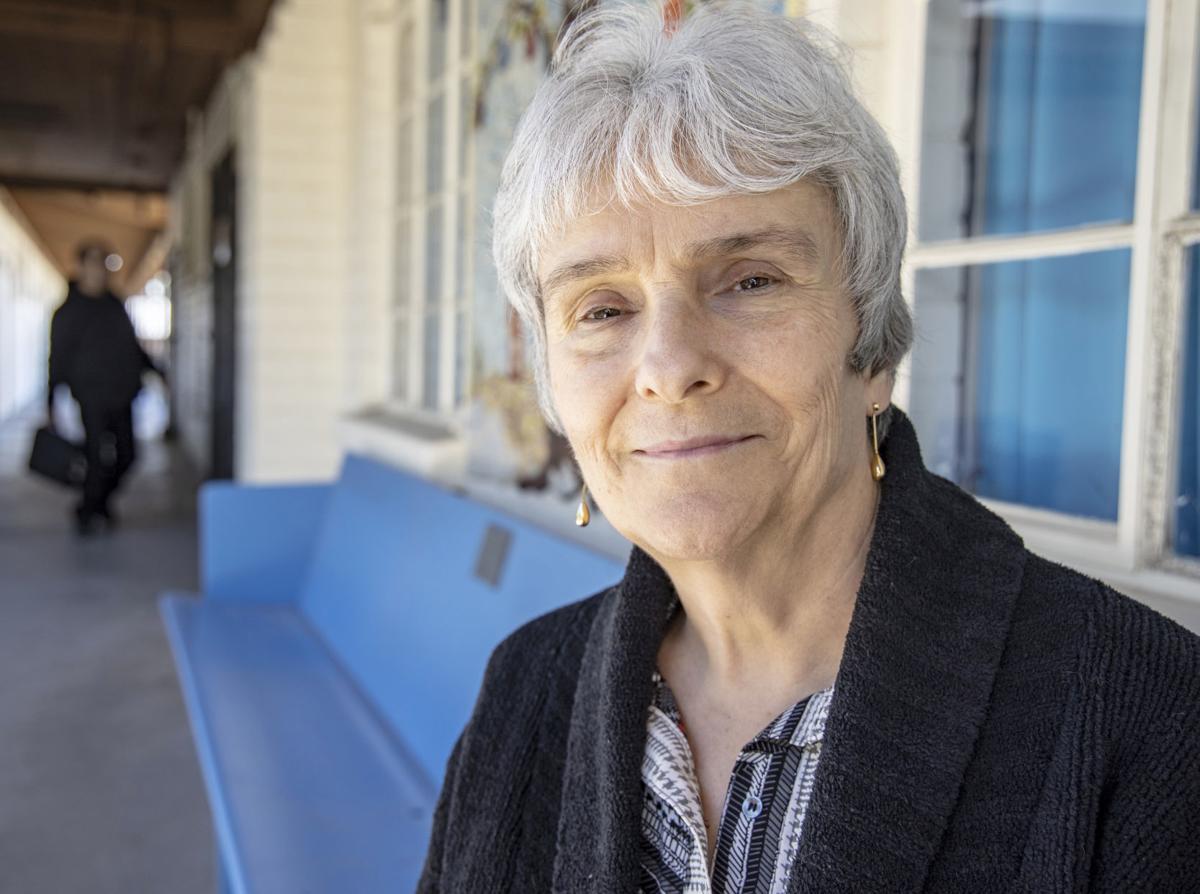Let’s say there’s a building named in your honor, or a program that you founded continues to help thousands of people, or you’ve nurtured hundreds of children — in addition to your own — and you have celebrated your 70th birthday.
It could be time to kick back, content with your accomplishments, and settle into a leisurely life. Or you could keep up your high-octane community activities and advocacy.
Here’s a look at Tucson mothers and grandmothers whose passions and sense of purpose keep them on the latter path.
Donna R. Liggins
When Donna R. Liggins, 75, pulls into the parking lot of the recreation center that bears her name, she is in the heart of the neighborhood that she helped invigorate and where’s she’s lived for more than 50 years.
The Northwest Neighborhood Center in Mansfield Park, 2160 N. Sixth Ave., was renamed in Liggins’ honor in 2011, shortly after she retired from the city. She joined Tucson’s Parks and Recreation staff in 1968, worked at several city recreation facilities and became Northwest center supervisor in 1993.
She did a bit of everything — helping clean up Mansfeld Park, recruiting kids into sports, encouraging computer know-how.
“It is very rewarding to see those I worked with as kids come into the center with their own families,” she says.
All the while, Liggins mothered two daughters — one who died in 2011 — three sons and three foster children. She has eight grandchildren and five great-grandchildren.
Liggins is a longtime advocate for civil rights and helping women. She’s active in groups like the NAACP, the Black Women’s Task Force and the Juneteenth Committee. She works on the Martin Luther King Celebration. She is a trustee of Mount Calvary Missionary Baptist Church and is involved in social justice ministries.

Annie M. Lopez, 87, has served a long list of community service groups, including the Pueblo Area Council, La Frontera and the League of Mexican-American Women.
Annie M. Lopez
Annie M. Lopez, 87, recently grabbed a dust mop and vacuum and headed to the Mexican-American Heritage and History Museum at the Sosa-Carrillo House, which opened in early March.
That day she was spiffing up the exhibit in the museum that Los Descendientes del Presidio de Tucsón, the preservation group dedicated to Tucson’s history, developed in the historic house. Lopez is working to secure a permanent spot for the group.
Lopez, a first-generation Tucsonan whose parents migrated from Sonora, graduated from Tucson High School in 1949.
Over the years, she worked for the Department of Economic Security and was involved in long list of social justice and community service groups, boards and commissions, such as the Pueblo Area Council, a south-side advocacy organization. She also served on La Frontera, a mental-health services agency, the Mexican-American Unity Council, the League of Mexican-American Women and the Tucson Women’s Commission.
She knows her five children — one son died — and her six grandchildren and five great-grandchildren “are very proud of me — they have told me so,” though they would like her to slow down, Lopez says.
Nancy Bissell
Several restaurant-size cans of food are stacked on the floor of Nancy Bissell’s living room. Bissell, 79, is prepping for the first Saturday of the month, when she and one of her grandchildren, whom Bissell adopted in 2005, serve food to the homeless as part of the meal team Bissell formed when her granddaughter was in first grade.
Most of the team, now in high school and beyond, show up to serve as part of a program Bissell helped initiate 36 years ago — the Primavera Foundation.
Bissell says she was inspired by her pastor, the late Rev. John C. Fowler from St. Michael and All Angels Episcopal Church, to put her faith into action.

To assist the homeless, Nancy Bissell, 79, co-founded the Primavera Foundation.
Bissell and Gordon Packard, who died in September at age 81, saw a need to help the homeless. The two started St. Martin’s soup kitchen in Armory Park in 1982. The neighborhood, however, called the kitchen a “nuisance” and filed a lawsuit to shut it down. The Arizona Supreme Court sided with the neighborhood.
With lessons learned, Bissell and Packard established Primavera in 1983 and spent more than three decades developing a spectrum of homeless services, including day shelters, an emergency shelter, transitional housing and employment training programs. She remains an active board member emeritus.
All three of Bissell’s children grew up with an awareness of homelessness, she says.
“As I was developing the Primavera Foundation in the 1980s, they helped out at the Primavera men’s shelter,” Bissell says. “As they grew up, they kept up volunteer work in their own communities.”
Robin Blackwood
Robin Blackwood, 70, a retired commander in the Judge Advocate General’s Corps of the U.S. Navy and a former corporate attorney, has a lifelong interest in Chinese language and culture.
She earned her bachelor’s degree from the University of California at Berkeley in Oriental languages (emphasis on Chinese) and she plunged into classes and activities at the Tucson Chinese Cultural Center when she retired.
Since 2009, Blackwood has spearheaded projects, including oral histories of local Chinese history. She enlarged the center’s collection of history storyboards, and led a Tucson Chinese history exhibit at Tucson Meet Yourself in 2013. She organized “rolling history” mini-parties celebrating Chinese grocery stores at the neighborhood level.

Robin Blackwood, 70, an expert in local Chinese history and former corporate attorney.
Blackwood is working on a project the center is planning with the Arizona State Museum that will involve perceptions of race and racial stereotyping and will support an upcoming exhibit at the museum, she says.
Blackwood and her husband, Steve Wilson, run a small nonprofit, Marsh Children’s Home Acapulco Inc., that supports orphaned and disadvantaged children in and around Acapulco, Mexico. Presently, it provides support to a home for 80 children, she says.
“Without my career history and the interests I have cultivated, my family today would look very different than it does,” says Blackwood. “Our son John, being a part of a Navy family, got the wanderlust early” and loves international travel and affairs, she says.
The couple has two “honorary” Chinese daughters, one of whom lived with them for two years and graduated from Sabino High School and participated in activities at the center. She is in Singapore in medical school. The other is a lawyer.
“We call ourselves One Family,” Blackwood says.
LaVonne Douville
From the time she was a young girl, LaVonne Douville, 72, says she has been been interested in working to make a difference in the community.
After several years working in city government and then doing work with a national foundation, “I became keenly aware that our systems do not address the health and social supports that many people need,” she says.
She turned her childhood interest into 41 years as a human services leader who has worked in the full range of health and human services for individuals and families.

At the United Way, LaVonne Douville, 72, devotes herself to children and seniors.
The chief impact officer for United Way of Tucson and Southern Arizona, Douville has been with the agency for 16 years, focused on building early childhood education and elder collaborations.
In her first five years, she pushed efforts to educate the community about the importance of education, focusing on and expanding early education (birth to 8 years) through the First Focus on Kids Coalition.
In the past 10 years, she has helped elders through the ELDER Alliance, which has established a support system for the the rapidly growing older adult population, she says.
She helped communities solve problems in her career, and her three children, two grandchildren, as well as their two cousins, became aware of their responsibility to give back to the community, Douville says.
“We talked often as an extended family about the need for our family and community to reach out to others and to work for social and racial justice,” she says.

Mary Belle McCorkle, 84, “wasn’t ready to give it up” after 50 years at TUSD.
Mary Belle McCorkle
Mary Belle McCorkle, 84, gets a twinge of emotion when she drives past her namesake school: the Mary Belle McCorkle Academy of Excellence PreK-8 School. Having a school with your name is a heady experience.
A 1951 Tucson High Magnet School graduate, she’s done just about everything in the Tucson Unified School District: office clerk, mimeograph operator at district headquarters, teacher, principal and assistant superintendent.
When she retired from TUSD after about 50 years, she realized she wasn’t “ready to give it up.”
She joined the Sunnyside School District for six years and then consulted. She made three successful runs for the TUSD Governing Board, serving from 1993 through 2004.
When Pima County’s Joint Technological Education District was passed by voters in 2006, McCorkle was named interim superintendent in 2007.
McCorkle has a boatload of education and community affiliations and awards, including being named Tucson’s woman of the year in 2004, and is still active, especially in educational efforts.
She stumps for a school board candidates and puts her time and effort into groups like the Metropolitan Education Commission.
“All children can learn,” she says, but they need resources and know-how. As long as children are living in poverty and the threat of using schools as moneymakers looms, she vows to stay involved.
“We are ‘public school’ people,” says McCorkle, whose husband, Richard, retired as director of purchasing for TUSD. Both of their daughters are in education — one is a principal and the other is a school psychologist.
Diane Meyer
Diane Meyer, 73, always wanted to change the world.
She helped her mother and brother stuff envelopes for political candidates, boycotted segregated pools and movie theaters, organized social justice programs with her religious youth group, marched and rallied for causes in which she believed.
“I have always taken action when I see a need. I get satisfaction from sorting through issues, envisioning/designing solutions, organizing/planning programs, recruiting and working with other people,” Meyer says.
Meyer’s first jobs out of college were with federal government poverty programs.
She coordinated three research projects at a community hospital that became the basis for her consulting business in hospitals in the United States, Canada and the United Kingdom, helping to determine appropriate nurse staffing levels based on patient care needs.

Community activist Diane Alexander Meyer, 73, tutors youths, inspires her family.
In 2006, Meyer and her husband, Dan, retired in Arizona and she dove into full-time volunteering for Green Valley-Sahuarita Samaritans; Casa de Esperanza, a community center providing adult day care, mental health services, child care and referrals; the Amado Food Bank; and the Santa Cruz Community Foundation. She co-founded ChangeisHappening, a nonpartisan, issue-oriented education and activist organization with which she was involved for 10 years.
Today, Meyer is focused on helping individuals. She is tutoring middle school students, tutored a boy and girl from asylum-seeking Honduran families and helped them with shopping, school and medical coordination. She is training with Literacy Connects to tutor adult English-language learners.
Meyer believes she and her husband have been role models for her four stepchildren, two grandchildren and great-grandson, who live in North Carolina.
“Each of these four families are very generous in their communities in different ways — through churches, feeding homeless, supporting less fortunate (or in trouble) family members,” she says.

Shura Wallin, 77, has driven and hiked into the backcountry to take water and food to migrants in need.
Shura Wallin
Children in Nogales, Sonora, scamper to greet Shura Wallin, 77, with smiles and hugs.
Wallin and church pastor Randy Mayer founded Green Valley-Sahuarita Samaritans following a Border Issues Fair at Good Shepherd Church in January 2005, convinced of the need for a local group based on the number of Green Valley-area residents who wanted to volunteer.
With the Samaritans, Wallin has driven and hiked into the backcountry looking for migrants in need. The aim is to save lives, says Wallin. The group has about 350 volunteers, many of whom are winter residents.
They carry water, food, shoes and socks and render first aid. They do not transport migrants — that’s against the law — but call 911 or the Border Patrol for those who need major medical help, she says.
Once a week, Wallin and other Samaritans join the Jesuit priests and the Sisters of the Eucharist in Nogales, Sonora, at El Comedor, a program of the binational Kino Border Initiative. The one-room El Comedor, which serves two meals a day, originally aided mostly immigrants who had been deported from the U.S. and is now seeing families and unaccompanied children seeking asylum, Wallin says.
She takes groups from around around the country to the border, El Comedor and to the DeConcini Port of Entry where asylum-seeking families have been arriving. She wants to show — without passing judgment — what is happening at the border.
Wallin’s son followed her lead. When he was 12 or 13, he saw a homeless person and took of his shirt and gave it away. After the 9/11 attacks, her son, who lives in New York, volunteered to make about 3,000 sandwiches for first responders.

Leslie Eldenburg


